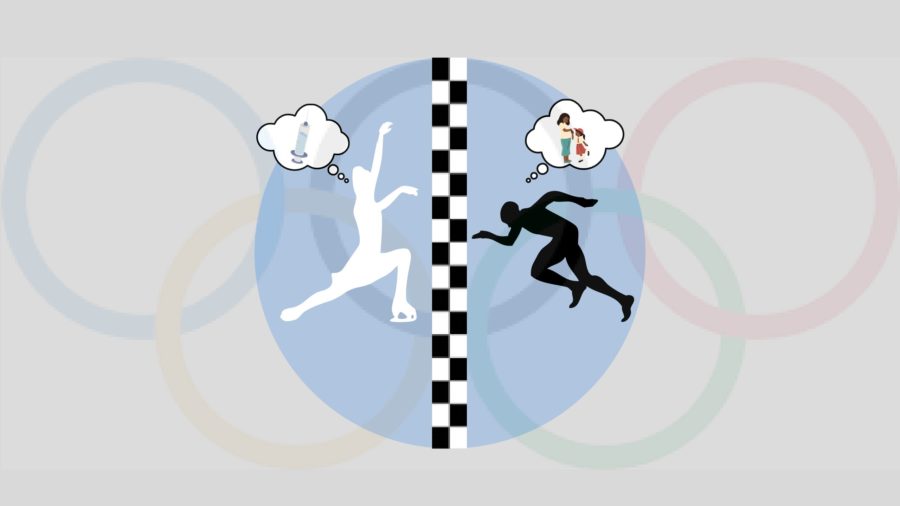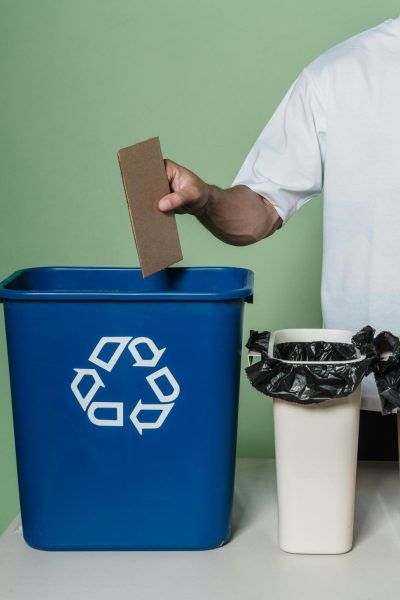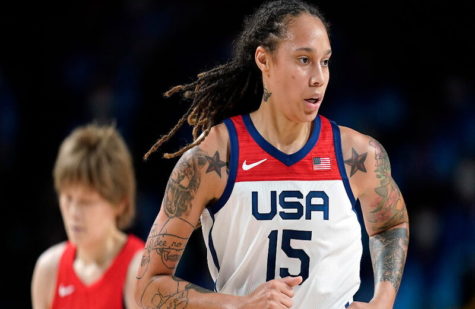Olympic Figure Skater + Doping Scandel = A Torn World
For most of us, going to the Olympics is merely a dream but at just 15 years old, Kamila Valieva made her dreams come true. She recently competed at the 2022 Bejing Olympic Games in the singles short program and free skating as well as the team short program and free skating. She placed 1st in every event except for the single free skating. Although her skills and performance generated a lot of exposure for her in the United States, she also received backlash for her involvement in a performance enhancing doping scandal.
Valieva tested positive for trimetazidine, hypoxen and L-carnitine. Trimetazidine, which is on the banned substance list, is a drug used for the heart and is classified as a “metabolic modulator” due to its ability “to give athletes an edge in competitions by lessening their altitude fatigue and increasing their cardiovascular fitness,” according to chemicalandengineeringnews.org. Hypoxen, Valieva’s mother claimed she was taking for heart variations. Lastly, L-carnitine helps convert fat into energy and can be performance enhancing when infused to taken via IV in large amounts.
After failing the drug test, Valieva’s situation became controversial for multiple reasons. First, why would a girl as young as 15 need to be on these heart drugs unless prescribed by a doctor. As the story developed, we learned that she possibly received trimetazidine from her grandfather, who would accompany her to practice daily. Many felt that this was negligent to Valieva’s health and reputation considering her age and Olympic status. Various celebrities such as U.S. sprinter, ShaCarri Richardson commented on the situation and the similarities between Valieva’s case and her own.
If you are not familiar, Richardson was set to compete in the 2021 track and field Olympics in the 100m dash and the 4x100m relay but was quickly disqualified and banned from competing for a month after testing positive for marijuana, a non-performance enhancing drug. Richardson went on to tweet, “can we get a solid answer on the difference of her situation and mines? My mother died and I can’t run and was also favored to place top 3. The only difference I see is I’m a black young lady.” She went on further to say via twitter (@itskerrii), “it’s all in the skin,” implying that because Valieva is a Caucasian athlete, her Olympic performance was sparred considering today’s racial climate. Other stars came to ShaCarri’s aid such as Stefflon Don, YG, Armon Warren and etc., all agreeing that systems such as the Anti-Doping Agency continue to suppress black lives and black voices while the Caucasian race can face the same issues, yet it will never tarnish their career like it would to a person of color.
For other athletes, this scandal can be discouraging due to the fact that your opponents could potentially be using substances that can enhance their performance, causing them to make impeccable strides in their athletic career. Whereas you on the other hand, could be 100% drug and substance free but still struggling to reach new personal bests in your sport. This leads to you feeling unmotivated to improve and may give you a reason to quit the sport you know, love and put extreme time and effort into. I feel as if your opponent has taken a manipulative shortcut to success when you have been taking the truthful, hard working path. It is just simply not fair.
Valieva was cleared to compete on Tuesday in the short program by a panel of arbitrators despite the World Anti-Doping Agency wanting to suspend her. She went on to win every event but placed 5th in the single free skating. After the games concluded, Valieva went to Instagram to thank all her fans during this difficult time. She even mentioned how she deeply appreciated her coaches’ support and love throughout the years, and she is proud of the strides she made during her first Olympics.
Your donation will support the student journalists of Missouri Southern State University. Your contribution will allow us to purchase equipment and cover our annual website hosting costs.



































